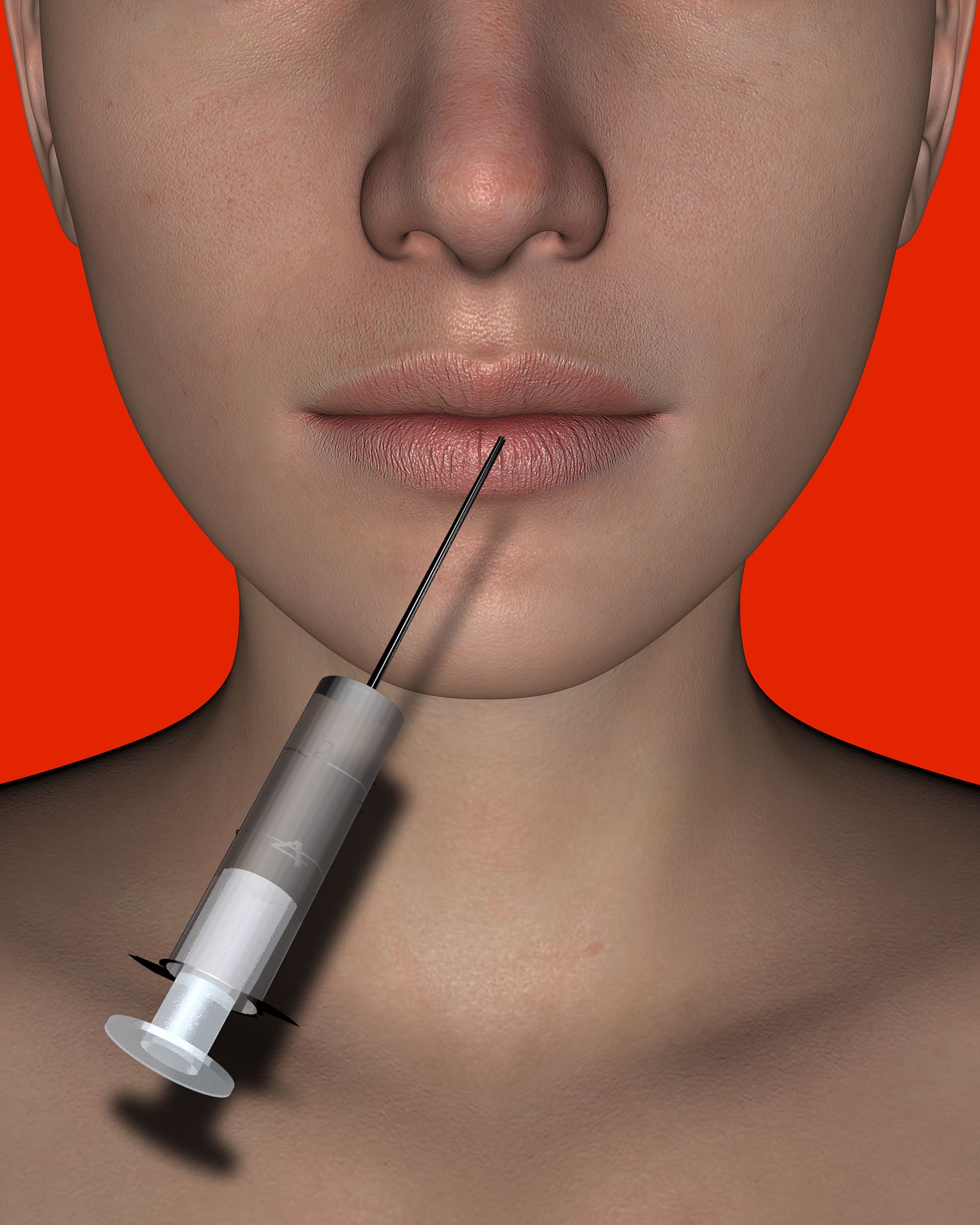By 2030 nearly 80 million people are expected to be enrolled in the Medicare program.
If you’re considering becoming one of those 80 million, you may have some questions about your Medicare eligibility.
If so we’re here to help.
Read on as we take a quick look at what you need to know about Medicare and Medicare eligibility.
What Is Medicare?
Medicare is a federal health insurance program. It is primarily intended to cover people aged 65 and over, but can also cover younger people with disabilities or specific conditions which will look at in more detail below.
Medicare has separate parts to cover different things: Part A covers inpatient stays, nursing care, and some at-home care. Part B covers outpatient care, doctors’ services, preventative services, and some medical supplies.
Medicare Part C involves Medicare advantage plans that are offered by private companies. These plans usually include all of your Part A and Part B coverage, and can also offer additional coverage such as dental or vision.
Part D helps to cover the cost of prescription drugs and anyone who is enrolled in Medicare can pay for Part D coverage.
You may find that the Medicare coverage you are eligible for does not fully meet your requirements. If this is the case, there are plenty of options for taking out Medicare supplement plans to ensure that you have all the coverage you need.
Who Is Eligible?
If you’re considering your own eligibility for Medicare, you’ll fall into one two distinct groups. The criteria will change depending on whether you are younger than 65, or aged 65 or over.
65 or Over
If you or your spouse paid Medicare taxes for at least 10 years, then you are eligible for Part A Medicare without a premium. You are also eligible if you receive Social Security or Railroad Retirement Board retirement benefits. Most people need to pay a monthly fee for Part B which is currently around $140 for the standard premium.
Under 65
If you’re under 65, there are still some circumstances under which you will be eligible.
If you have a disability and have been receiving Railroad Retirement Board or Social Security disability benefits for at least 24 months you should be eligible for Part A without a premium. If you have Lou Gehrig’s disease, the 24-month minimum doesn’t apply.
If you have End-Stage Renal Disease, meaning you require dialysis or a kidney transplant, then you should also be eligible for premium-free Part A Medicare.
Still Unsure About Medicare Eligibility?
If you’re still not sure about your Medicare eligibility, then you can use the Medicare Eligibility and Premium Calculator. This is a government service that lets you work out if you’re eligible for Medicare, and what premiums you have to pay. Simply fill in the details and the calculator will do the rest.
For more useful and informative content, be sure to take a good look at the rest of the site.










